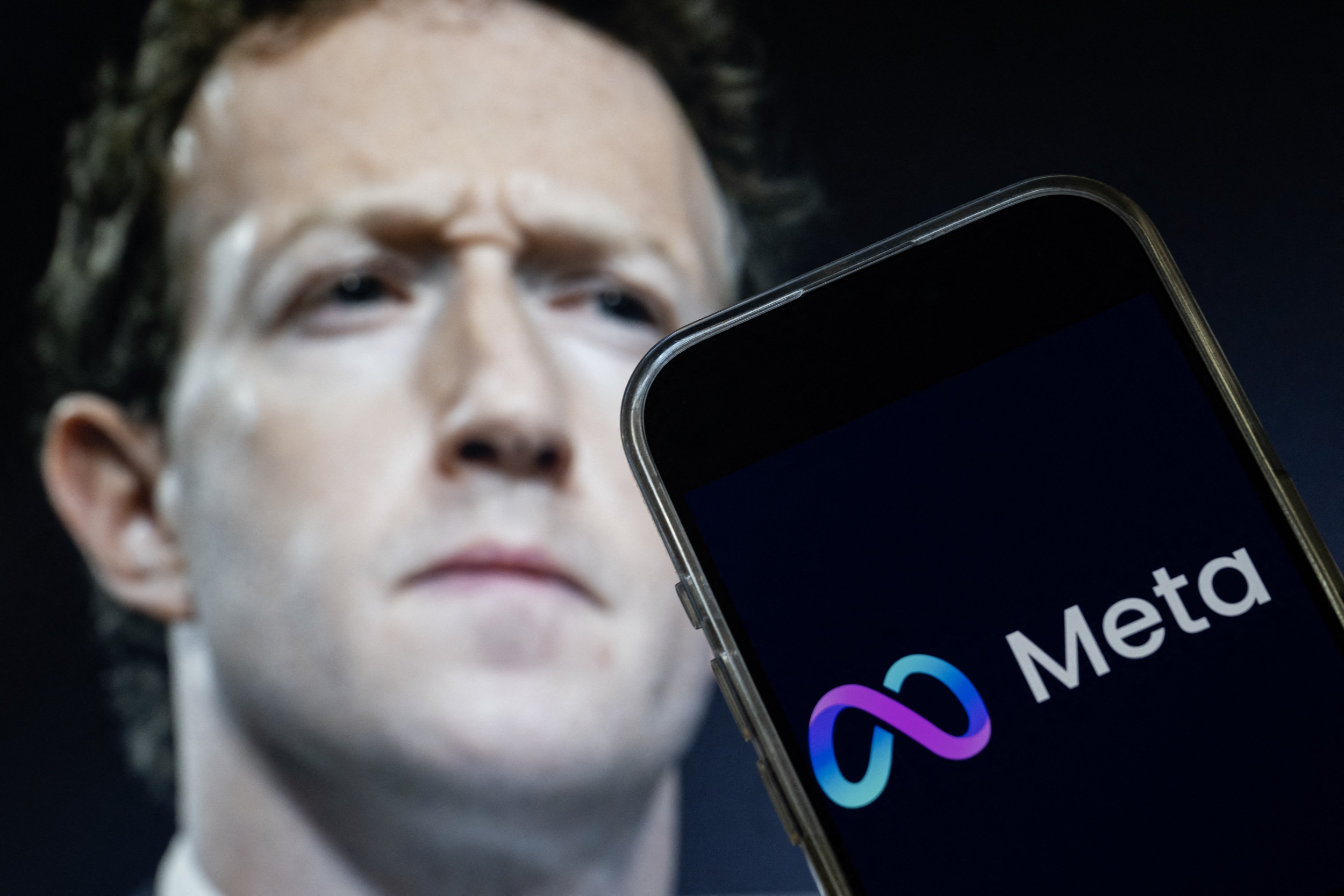In Arizona's closely watched Senate race, Republican candidate Kari Lake claims her AI-powered internal polling shows her leading in the state.
Lake said that her campaign's internal polling, which includes AI analysis of social media and wider internet data, showed she was ahead of her Democratic opponent, Rep. Ruben Gallego, even though many other polls said otherwise.
"We're ahead of my opponent, and I feel comfortable with our polling," Lake said during a campaign interview. The Republican posted on X, formerly Twitter, back in July that her "hero" Donald Trump "needs backup in Washington, DC. And I'm going to be his backup."
"Our polling is a little different. We take polling, but we also combine it with AI, which reads all of what's happening on social media and across the internet," she added during her recent campaign interview.
Newsweek reached out to Lake via the media request form on her official website.
Lake is a former news anchor who worked for Fox 10 in Phoenix for more than 20 years before entering politics.
She previously ran for governor of Arizona in 2022, losing narrowly to Democrat Katie Hobbs. Lake has claimed without evidence that the 2022 contest was "stolen" and launched several failed lawsuits to try to overturn the outcome.
A New York Times/Sienna poll asked 1,025 likely Arizona voters between October 25 and November 2, "If you had to decide today, are you leaning toward one candidate?". While 48 percent said Gallego, 41 percent said Lake, and 10 percent were undecided.
However, recent averages from other polls—FiveThirtyEight and RealClearPolitics—show that Lake has been catching up in recent weeks, with Gallego maintaining a narrow lead.
FiveThirtyEight shows Gallego leading Lake by 3.9 points (50.4 percent to 46.5 percent), while RealClearPolitics shows Gallego up by 5 points (50 percent to 45 percent).

Additionally, one poll from AtlasIntel, conducted on November 2 among 967 likely Arizona voters, showed Lake with a 1.7 point advantage, leading Gallego 49.1 percent to 47.4 percent. The results had a margin of error or plus or minus three percentage points.
AtlasIntel says that early in the 2020 election cycle it "provided the most accurate forecasts of the Democratic Primary races by average RMSE, including the single best polls of New Hampshire, California, and Florida."
According to the ASH Center for Democratic Governance and Innovation at Harvard Kennedy School, AI has the potential to change modern political polling by offering instant surveys and summaries of opinions expressed online.
A Pew Research Center study from 2019 found telephone survey response rates fell to 6 percent in 2018, down from 37 percent in 1997.
In lieu of dwindling responses to surveys and polls, the ASH Center suggests that "AI can offer the ability to instantaneously survey and summarize the expressed opinions of individuals and groups across the web, understand trends by demographic, and offer extrapolations to new circumstances and policy issues on par with human experts."
However, American voters have significant concerns about AI's role in the presidential campaign. Pew found that only 5 percent believed AI would be used primarily for good purposes, with 39 percent expecting that AI would be used mainly for harmful purposes during the 2024 presidential campaign.
Regarding misinformation, 57 percent of Pew survey respondents were concerned about AI being used to spread false information about candidates and campaigns. This worry crossed party lines, with similar levels of concern reported among both Republicans and Democrats.




















 English (US) ·
English (US) ·